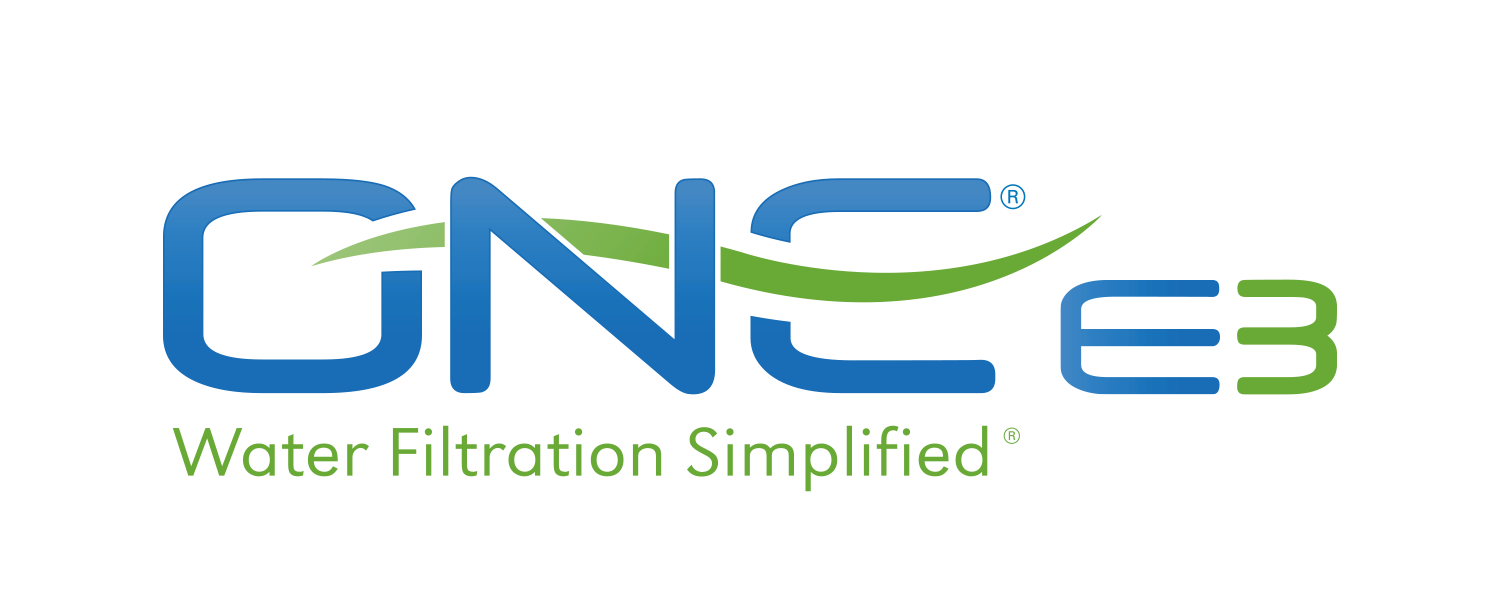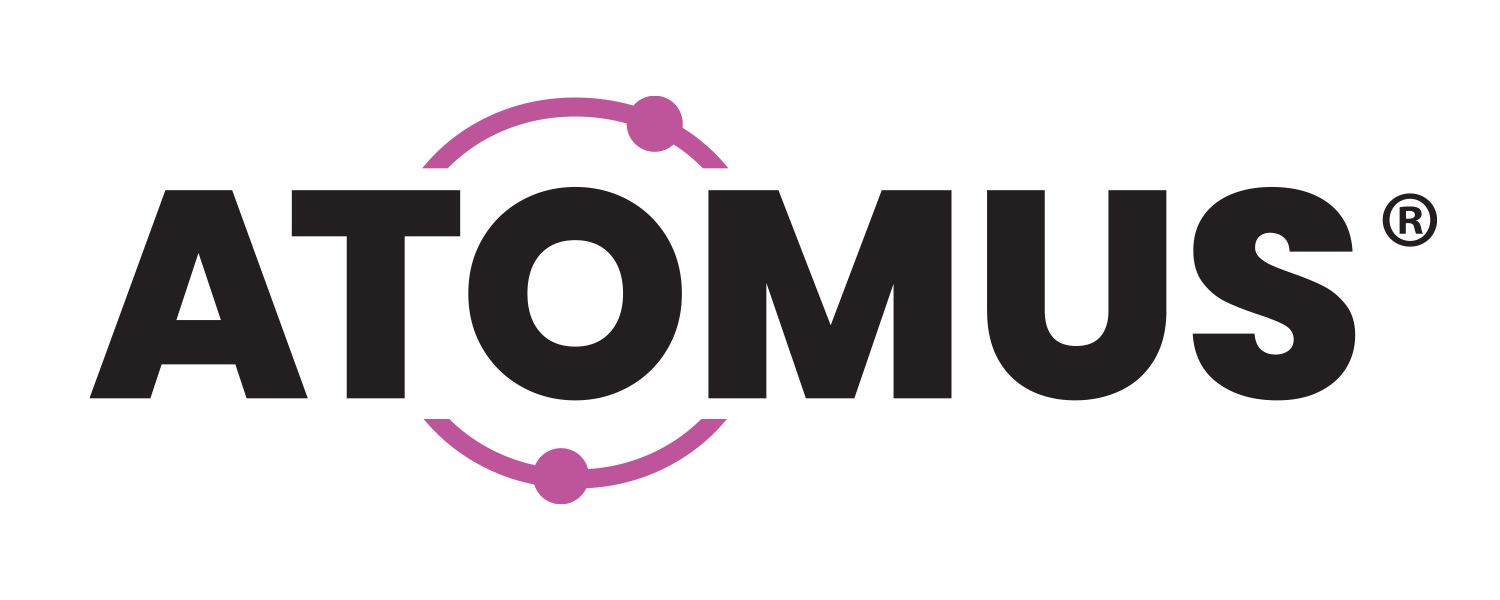Smaller communities often find themselves struggling to find funding to maintain their clean water. However, the EPA has established the WIIN Grant to support these communities when they cannot find help elsewhere. Created under the Water Infrastructure Improvements for the Nation Act, the WIIN Grant holds roughly $42.8 million to lend. Eligible projects include those that may provide water quality testing to homes and contamination response efforts. The grant specifies that communities must have less than 10,000 residents and lack funds to finance their projects to qualify for funding.
The grant additionally stipulates requirements to qualify as an “underserved community”. An underserved community is defined as one either without household drinking water or with a water system that fails to meet national standards. For example, if a community with 6,000 residents has a contaminant level above EPA requirements, it would qualify for the WIIN Grant. As the EPA awards these grants, states are encouraged to communicate with the organization regarding projects and community needs. States should act quickly to obtain the grant, as the final application date falls on June 30, 2021.
The PIONEER system is the first of its kind whole-house lead, cyst and PFOA/PFOS removal system. Visit the PIONEER system page to learn more.



